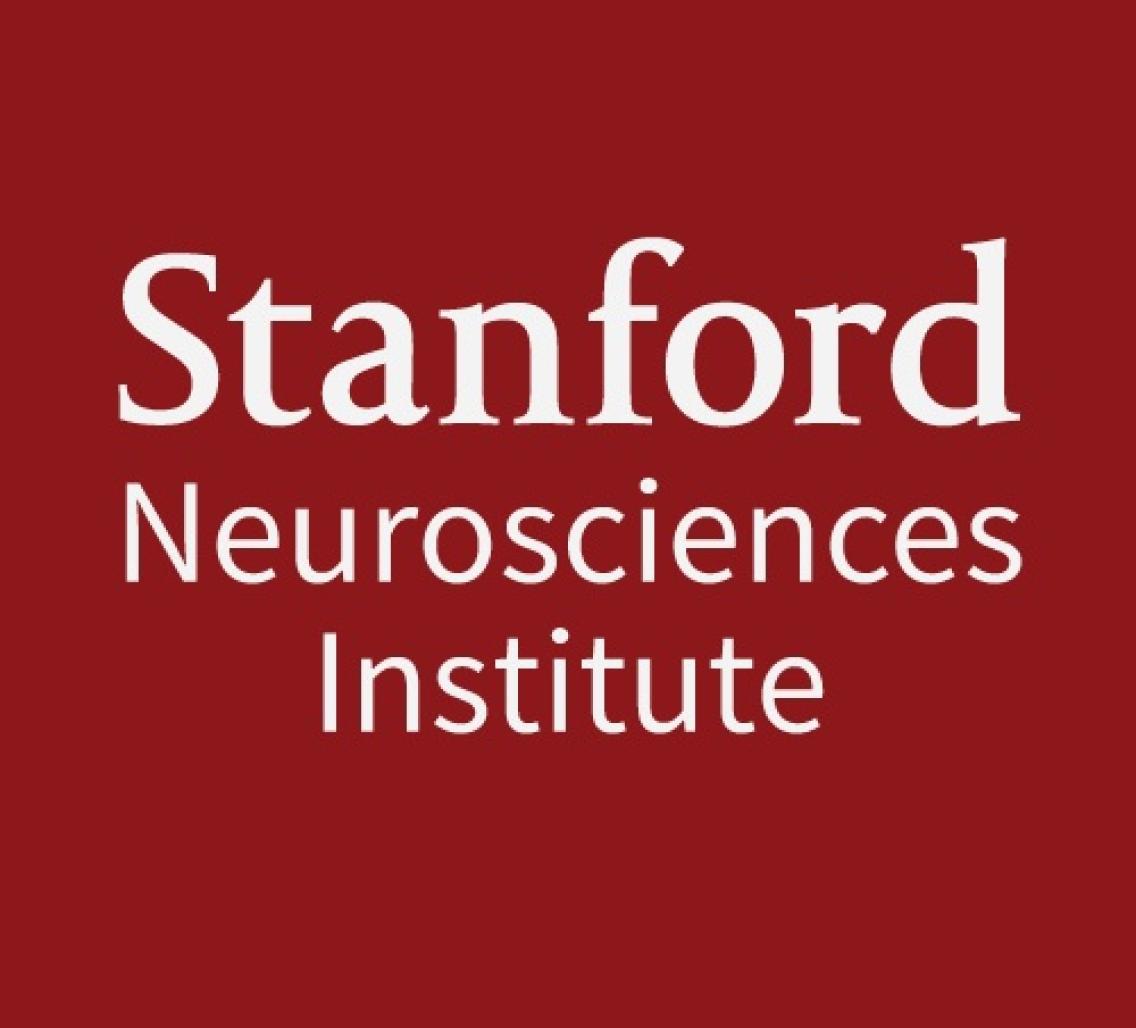Event Details:

Stanford Neurosciences Institute Seminar Series Presents
Leveraging more information from fMRI: Connectivity-based Brain Reading, Multi-echo denoising, and Massive Averaging
Peter Bandettini, Ph.D
Editor-In-Chief of the journal NeuroImage, NIH
Host: Jin Hyung Lee
Abstract
A central theme of my lab has been to develop methods that allow fMRI to be more effective and robust in extracting neuronal and physiologic information at the individual level. This talk is an overview some of our more recent work along these lines. First, we have developed an extremely sensitive connectivity-based method for differentiating ongoing tasks. Interestingly, task-associated connectivity changes are more spatially extensive than task-associated magnitude changes that are typically detected. Next, I will present our multi-echo EPI approach towards robustly separating BOLD fluctuations from non-BOLD fluctuations, thus substantially increasing the stability and sensitivity of BOLD time series. This approach is based on the basic idea that neuronally-related fluctuations are T2* changes rather than T1 or proton density changes. Using multi-echo EPI, we are able to remove non-T2* based changes as they do not show TE dependence. This approach leads to applications in several unique directions from clustering to mapping network changes across age and with anesthesia level. Third, I will discuss our unique findings with regard to massive single subject averaging. We have found that with enough averaging the entire cortex and subcortical regions show modulation – even with a relatively simple task. Lastly, we have also been working on efficient methods for global physiologic perturbation of the hemodynamic response to allow for fMRI quantitation and calibration. I will conclude with a summary of how these results may fit into a possible future of calibrated fMRI.
Recent Papers:
[1] Whole-brain, time-locked activation with simple tasks revealed using massive averaging and model-free analysis Javier Gonzalez-Castillo, Ziad S. Saad, Daniel A. Handwerker, Souheil J. Inati, Noah Brenowitz, Peter A. Bandettini PNAS. 2012 Apr 3;109(14):5487-92. doi:10.1073/pnas.1121049109
[2] Integrated strategy for improving functional connectivity mapping using multiecho fMRI Prantik Kundu, Noah D. Brenowitz, Valerie Voon, Yulia Worbe, Petra E. Vértes, Souheil J. Inati, Ziad S. Saad, Peter A. Bandettini, Edward T. Bullmore PNAS. 2013 Oct 01;110(40):16187-192. doi:10.1073/pnas.1301725110
A conversation with Peter Bandettini and the Stanford group NeuWrite West can be streamed or downloaded: Bandettini Conversation